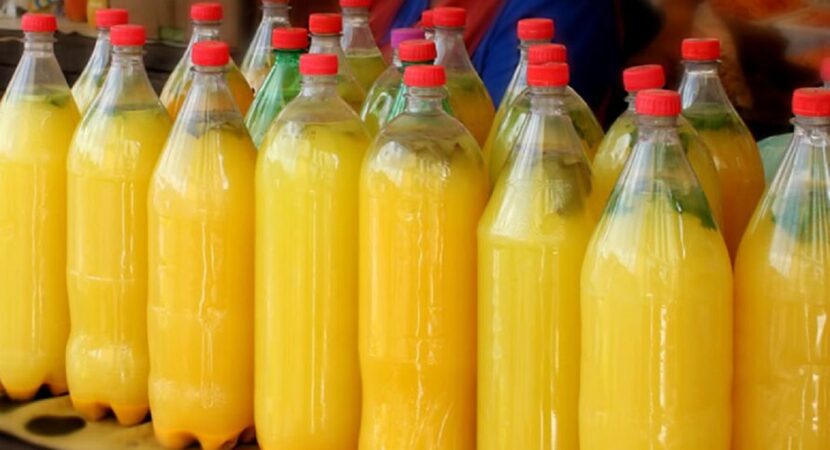
A Brazilian engineer developed fuel using only tucupi and solar energy, in the city of Breves, located in Pará, check out the project details below.
The mechanical engineer, Alípio Fernando, has been working since last year, specifically in February 2021, in innovative research in the Marajó archipelago, which consists of generating fuel using solar energy and tucupi. The engineer states that he works in the interior of the municipality of Breves, in the state of Pará, in a forested area, and since there is no electricity available, solar energy panels are used to recharge batteries in order to carry out day-to-day tasks.
Understand how the production of fuel from tucupi will work
According to Alípio Fernando, the project with tucupi and solar energy in Pará is in the development phase of an electric motor and there will be availability to install this motor within a tail of small size, where the batteries will be used as a source of energy for the engine.
The project is basically assembled and comprises the Patú Anú School Eco-Farm. According to the engineer, at the site they work with the creation of free-range birds that are free from cages and in this process a drink with active probiotics similar to fermented milk is used, which contributes to the intestinal flora. Therefore, the birds are fed with feed and fruit pie from the region, reducing the consumption of soy and corn.
When maintenance is carried out inside the aviary, which takes place every 3 months, the shavings are removed, crushed wood that acts as the bed where the birds stay during the day, and it is mixed with chicken manure itself. This material is rich in nutrients and can contribute to the generation of an increasingly sustainable and active agroforestry.
Tucupi-based fuel project in Pará avoids river pollution
The engineer claims that tucupi, when thrown directly into rivers, without going through the quarantine process, ends up contaminating and harming the health of rivers, fish and other living beings that depend on that environment, as it is very toxic in that sense.
Therefore, work is carried out so that the riverside people do not throw away the tucupi, but sell it to the fuel project so that it can be used and mixed and later taken to a biodigester where there are anaerobic bacteria in which this product is transformed into biogas, an excellent fuel. The biogas will be used in the project's kitchen and can also be used as a source of fuel for the 4-stroke engines. For this, the engineer adapted a carburetor in an engine that is used to transport a sterndrive, also adapted with this propellant.
The most interesting part of the whole biodigester process itself is that it generates biofertilizer, a product rich in nutrients to irrigate the forest. Therefore, from time to time this material is removed from the aviary in Pará and is taken to another location, such as a compost bin, where it is quarantined and completes the fermentation process. Soon after, tucupi is added, a remnant of flour production.
Liter of light project takes electricity to more distant communities
In addition to this project created by the engineer, the liter of light project developed an affordable lighting system that uses recyclable materials such as PET bottles, solar panels and pvc pipes to light homes using solar energy.
The PVC poles support the solar panels and light bulbs, as there is no connection to the electrical grid in these regions. The system uses solar energy that is captured through a panel, which generates energy for an LED lamp installed inside a pet bottle.











